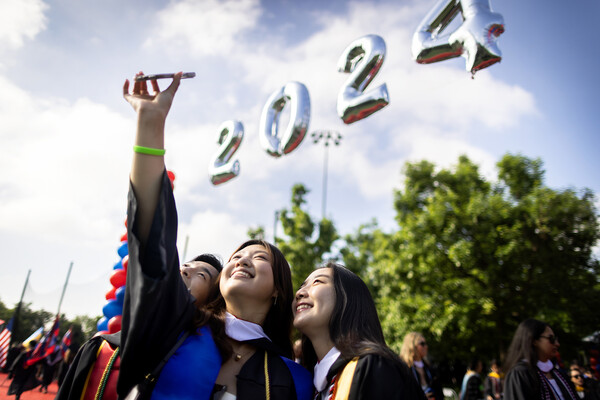The hombre is a citizen
Until I joined the U.S. Navy, I never confronted what it means to be a Puerto Rican and an American citizen. Having grown up in Puerto Rico, it was an everyday reality that I never had to question.
My father, along with many remarkable school teachers, taught me to appreciate my Puerto Rican culture, history and national identity. I also learned the names of all the American presidents and the names of all the states and their capitals. For 50 minutes a day, I studied English.
Learning about life in the United States and its language was important, because we Puerto Ricans are born American citizens. Seeing the Puerto Rican and the American flag dance side by side in our blue sky was to me as natural as carrying a dollar bill in my picket, licking a Christmas stamp of a snow-covered village, or hearing "The Star-Spangled Banner" played immediately after "La Borinqueña" during official events or before the television station went off the air every night.
A father's lesson
The main lesson that my father gave me regarding my being an American was centered on the Puerto Rican national anthem. "You stop being a Puerto Rican when you cannot hear 'La Borinqueña' without automatically hearing in your head the first notes of the American anthem."
Since I did not want to stop being a Puerto Rican, I learned how to turn off the American anthem whenever I heard it.
My mother also contributed to my cultural "enrichment." She taught me that if any gringo from the nearby military base asked me for directions, I needed to respond: "Ay don espic Inglisssh." Her teaching was particularly confusing because of the efforts my teachers made to teach me English.
Images of "West Side Story"
After I graduated from high school, I joined the Navy to pursue a college education. As the only Puerto Rican in Company C-134, I learned how little the average American knows about Puerto Rico. While I knew about America's battles, no one knew about the four centuries that Spanish early settlers fought with pirates and European nations to keep Puerto Rico under the control of the Spanish crown. I knew about George Washington, Alexander Hamilton and James Madison, but no one knew Puerto Rico's great political philosophers like Ramon Emeterio Betances, Jose de Diego and Eugenio Maria de Hostos.
The only things that they knew about Puerto Ricans were images of "West Side Story." They saw the millions of Boricuas who live in the United States as lazy.
The day that I left the Navy, the young seaman typing my discharge papers asked me if I was an American citizen. I felt that was the ultimate irony that after 10 years of obeying orders, the best the Navy had to offer was a challenge to my American citizenship.
Nowadays, the question most people ask me is whether I think that Puerto Rico should become the 51st state, remain a commonwealth, or acquire its independence.
I am no longer certain that the status quo is the answer. Sometimes I sense that my father has come to the same conclusion, but I am hesitant to ask him.
I think that the commonwealth is a way to avoid making a commitment to two alternatives with significant differences. I wonder what will happen to our distinct nationality, our culture and our language if we become a state of the United States. On the other hand, can today's Puerto Rican political leaders rise above mediocrity to build a new republic?
The uncertainty that I feel often reminds me of the lyrics of Rafael Hernandez's song, "Lamento Borincano." "What will become of Borinquen, my dear God? What will become of my children and my home?" The answer to that question seems destined to linger in the air at the turn of yet another century.
Jason Emilio Rodriguez is a CGS student majoring in communication and minoring in English. He will graduate in August.
- What's bugging you? You can contribute a column on a general interest or University-related subject. Call us first, 898-1426, or e-mail us.







